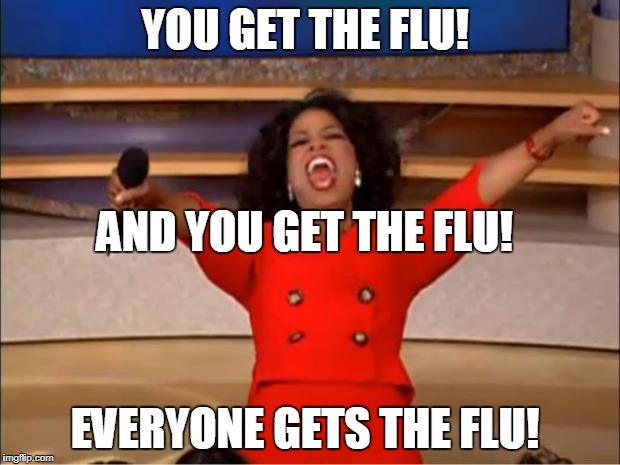It’s a new year and you’ve made (or renewed) a commitment to being more physically active. And then – boom! You get sick. Now the question is: should you exercise? The answer depends on your symptoms.
Differentiating between a cold and the flu is important before deciding whether to exercise, says Matt Bayes, MD, a sports medicine and regenerative orthopedic specialist at Bluetail Medical Group.
The common cold typically shows up as a runny nose, cough, and scratchy throat without a fever. “With a cold,” says Dr. Bayes, “if you exercise within the limits of your comfort level, it’s unlikely to do you harm — and may even help you feel better.”
Symptoms of the flu can include fever, cough, runny nose, headache, vomiting, and diarrhea. Experts say that it’s a good idea to forgo working out when you’re this sick. “Exercising with influenza can weaken you further and can potentially put others at risk,” says Bayes.
In addition, working out too intensely while sick can make fighting off infection more difficult and that means it may take longer for you to get better.
Follow the Above-the-Neck Rule to Be Safe
One way to determine the severity of your illness before you exercise is to conduct a “neck check.” You can exercise if your symptoms are all above the neck, like a runny nose, nasal congestion, or a sore throat.
Below the neck symptoms like wheezing, shortness of breath, or muscle aches are signs that you should let your body rest and recover. Always avoid exercising when you have a fever.
Go Slowly and Pace Yourself Accordingly
If you decide that you can exercise safely, it’s best to reduce the workout load and see if symptoms worsen. Try exercising for 10 to 15 minutes. If symptoms intensify, stop and rest. If symptoms don’t become worse, continue working out if you feel up to it.
Keep in mind that some symptoms may intensify. A runny nose will get more runny with exercise because exercise is a great nasal decongestant. A postnasal drip cough will cause more coughing.
If You Don’t Want to Opt Out, Take It Easy
Low-intensity workouts such as walking or biking are much better ideas than, say, running or bicycling, says Bayes, adding, “Keeping your exercise at the level where you can talk with a partner is a good rule of thumb.” Also, remember to stay hydrated.
But it’s better to avoid intense physical activity altogether. “Participating in marathons or endurance races may severely harm your recovery or put your body at an energy deficit, “says Bayes.
****Finally****
Don’t Get Others Sick at Your Gym
Another point to think about when exercising while sick is the possibility of spreading your illness to other people. Follow these hygiene tips to help keep your gym buddies (and trainers) healthy:
- Wash your hands before and after working out.
- Gym etiquette includes wiping down equipment that you have used.
- When coughing or sneezing, cover your nose/mouth.
- Use hand sanitizer as needed to keep your hands clean and free of germs during a workout.

